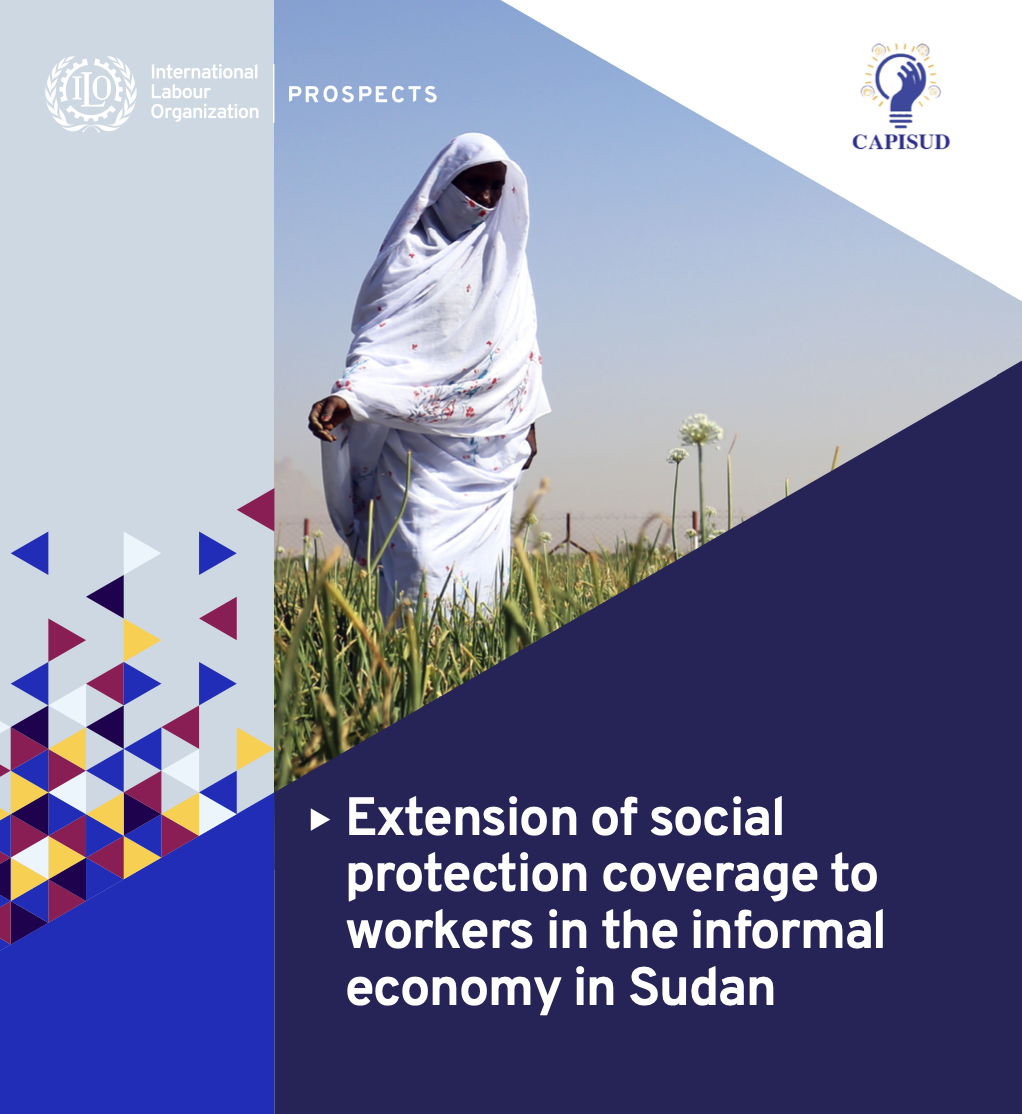Sudan’s health financing landscape has been shaped by decades of political instability, conflict and economic challenges. Following the civil wars and secession of South Sudan from Sudan in 2011, the country faced significant disruptions in its health care system. Between 2015 and 2021, public expenditure on health hovered around 6.7-7.9% of total public spending[1] – not enough to meet the population’s health needs given the high burden of disease and limited infrastructure. The National Health Insurance Fund (NHIF) was established to provide some level of coverage, but as of 2016 only 43.8% of the population subscribed, leaving a substantial portion uncovered.
Barriers to sustainable health financing
Sudan faces several barriers to achieving sustainable health financing.
- Reliance on out-of-pocket (OOP) expenditure: Over half (51,42%) of current health expenditure is financed by households through OOP expenditure in 2022[1], which creates financial barriers for vulnerable populations, leading to inequitable access to health care services.
- Fragmented health financing system: The lack of coordination among various funding sources, including government budgets, donor financing and private contributions hinders effective resource allocation and management.
- Weak governance and management capacity: Governance challenges at both federal and state levels have resulted in ineffective implementation of health policies.
- Conflict in Sudan: Ongoing conflict in the country has disrupted health care services, making it difficult to mobilize resources or implement reforms.
Health financing reforms for universal health coverage
To advance universal health coverage, Sudan is undertaking reforms aimed at addressing the following barriers.
- Expansion of the national health insurance program: Efforts to broaden the NHIF to include all citizens, particularly vulnerable groups such as pensioners and households with low income were a significant step towards increasing insurance coverage.
- Strengthening primary health care services: Shifting focus from hospital-centric models to primary health care could improve access for underserved populations.
- Implementing strategic purchasing mechanisms: Introducing strategic purchasing practices that separate provider functions from purchasing roles could lead to more efficient use of resources.
- Pooling and integration of health funds: Sudan is exploring ways to integrate various health funding streams, including those from donors, NHIF and government budgets, to create a more unified and efficient financing system.
References
[1] World Health Organization, Global Health Expenditure Database, Health Expenditure Profile (choose country)

